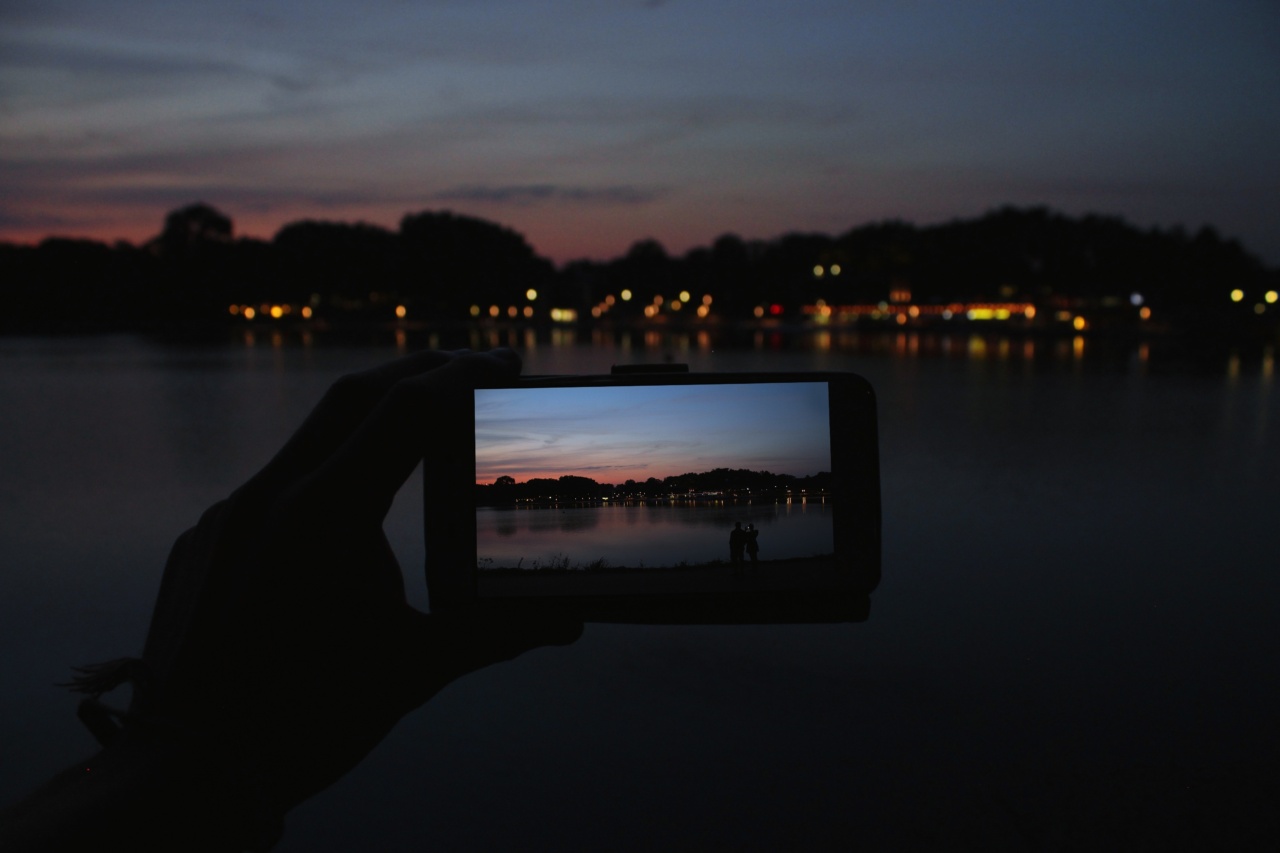Macular degeneration is a progressive eye disease that affects millions of people worldwide. It is a leading cause of vision loss in people over the age of 60. The disease affects the macula, which is the part of the retina responsible for central vision.
As the disease progresses, it can lead to complete vision loss in the center of the visual field, making it increasingly difficult to see objects clearly or recognize faces. Here, we present a photo essay depicting the visual perspectives of people with macular degeneration.
The First Signs of Macular Degeneration
The early stages of macular degeneration may not always be noticeable, but as the disease progresses, there are typically some visual changes that occur. These can include blurriness, distortion, or dark patches in the center of vision.
This photo shows how someone with early-stage macular degeneration might see a printed page. The text is still readable, but it may appear slightly blurry or wavy.
The Impact of Advanced Macular Degeneration
In more advanced stages of macular degeneration, the central vision can become severely impaired. This can make it difficult to perform everyday tasks like reading, writing, and driving.
The photo below shows how someone with advanced macular degeneration might perceive a face. The details are difficult to discern, and the image may appear distorted or blurry.
Adapting to Vision Loss
As the symptoms of macular degeneration progress, people with the disease must learn to adapt to changes in their vision. One example of adaptation is the use of magnifying devices, such as this handheld magnifying glass.
With the help of such devices, people with macular degeneration can magnify text and other images to make them easier to see.
Maximizing Lighting to Enhance Vision
The right lighting can also make a big difference for people with macular degeneration. Bright, even lighting can enhance the contrast of objects and make them easier to see.
In this photo, a person with macular degeneration has a table lamp positioned directly over a book to maximize the lighting and make the text easier to read.
Coping with the Emotional Impact of Vision Loss
Living with macular degeneration can be emotionally challenging. The disease can make once-simple tasks a struggle and impact a person’s quality of life. Support from loved ones, as well as other people with the disease, can be immensely helpful.
In this photo, a person with macular degeneration attends a support group meeting, where they can connect with others who understand the challenges they face.
Trying New Solutions and Technologies
Research into new treatments and technologies for macular degeneration is ongoing. One example is the use of virtual reality goggles, such as those shown below, which can help people with the disease improve their vision.
By stimulating the visual cortex in a different way, the goggles can help people with macular degeneration see more clearly.
The Importance of Regular Eye Exams
While there is currently no cure for macular degeneration, early detection and treatment can significantly slow the progression of the disease and help preserve vision.
It is essential for people at risk of macular degeneration, including those over the age of 60, to have regular eye exams. The photo below shows someone undergoing an eye exam, which can help detect the early signs of macular degeneration.
Supporting Research and Advocacy
Advocacy organizations and research foundations are dedicated to finding a cure for macular degeneration. Supporting these organizations can help raise awareness about the disease and support research into new treatments and technologies.
The photo below shows participants in a walkathon to raise funds and awareness for macular degeneration research.
The Beauty of Life with Macular Degeneration
While living with macular degeneration can be challenging, it is important to remember that there is still much beauty in life. The disease may present obstacles, but it is possible to adapt and find joy in new experiences.
This photo shows a person with macular degeneration enjoying the beauty of a sunset, a reminder that life can still be cherished even in the face of difficulty.




























